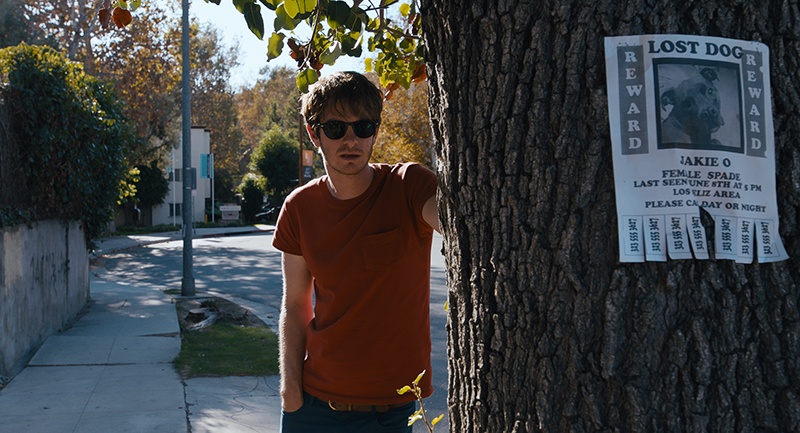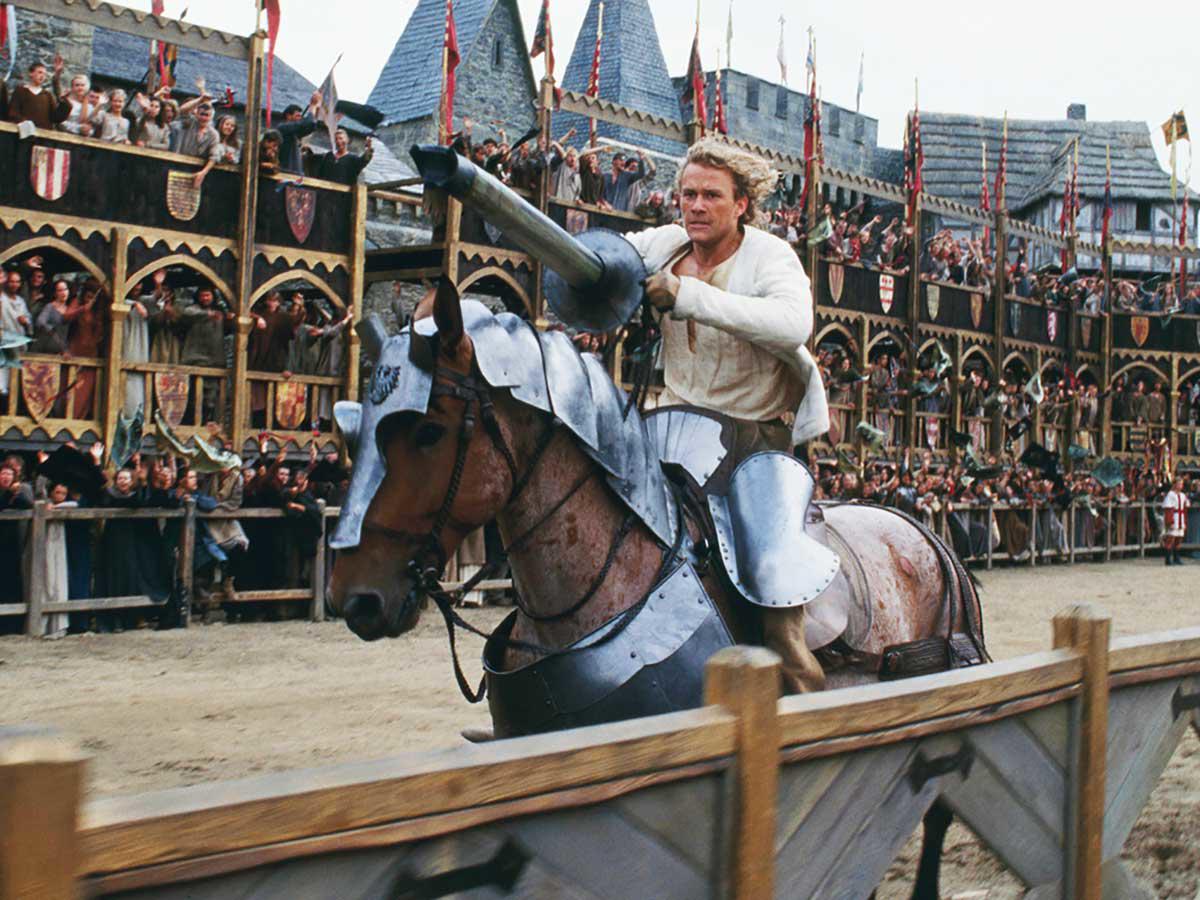Between Winterlong and Eaten by Lions, it's clearly the week of modestly budgeted Brit indies centred on makeshift familial arrangements. That Jason Wingard's film arrives as by far the more accomplished of the two is down to its good-natured spirit and end-of-the-pier comic nous; it surrounds its inexperienced (yet very engaging) young leads with established funny people, and comes up somewhere between a half-decent ITV pilot and the outer fringes of the Peter Kay universe. The pitch is odd-couple road movie: we're watching two half-brothers as they set out from their native Bradford to Blackpool, in the vain hope of finding the father who abandoned at least one of them. (The genealogical particulars are its fuzziest point: grabbed handfuls of flashbacks don't really help.) The responsible one of the pair is Omar (Antonio Aakeel), upright, Asian, yearning; his sidekick Pete (Jack Carroll), on the other hand, is a gobby lad born with cerebral palsy, who runs his mouth off to make up for his trailing legs. When they lose their few possessions and the minimum of cash they've troubled to carry with them, they're forced to rely upon the kindness of strangers - and here's where those familiar faces come in. Vicki Pepperdine and Kevin Eldon are distant relatives and prospective guardians; Tom Binns, whom Wingard directed in an early Ivan Brackenbury short, is a fortune teller who points the boys on their way; Johnny Vegas, in an outrageous wig that makes him look rather like the troglodyte he voiced in Aardman's Early Man, runs a down-at-heel B&B; Asim Chaudhry is - true to recent form - the feckless bullshitter behind Blackpool's first Asian gift shop. (His delivery of the line "Lads will be lads" is up there with the best of his Chabuddy G.)
It not only makes us chuckle, then, it keeps on making us chuckle, and the surest sign that it's working is that it would likely make us chuckle even without its illustrious cameos: Carroll, whose lovely, understated delivery suggests he may take over the world some day, gets a hilarious riff about Ramadan, and what it has in common with the motion picture Gremlins. Wingard squeezes in a lot of value-for-money jokes, inessential to the main narrative thrust, but funny anyhow: a cutaway establishes the Eldon character's entirely unexplained fondness for photographing wall sockets, and when a lit cigarette is flicked out of a window, it naturally lands on a bald man's head. More encouragingly yet, he has - unlike so many emergent comedy directors - a keen sense of how to work the widescreen frame, making space at the table of an Asian family meal for an English bloke called Kev who finds himself pilloried for bringing ketchup across the threshold (a quiet, subtle strength: every outsider, however basic, gets their moment in the spotlight), and contriving a closing image of reunion all but guaranteed to warm the cockles. It doesn't quite reach the Tower-like heights of Damien O'Donnell's sadly out-of-circulation Heartlands, the great lost Blackpool movie of our times, but it's another fine advert for the warmth and wit of the North.
Eaten by Lions opens in selected cinemas from tomorrow.













